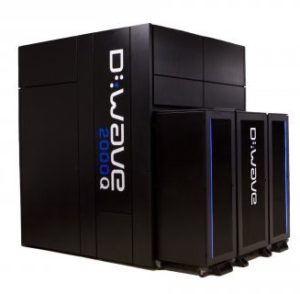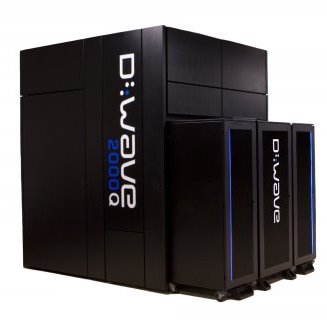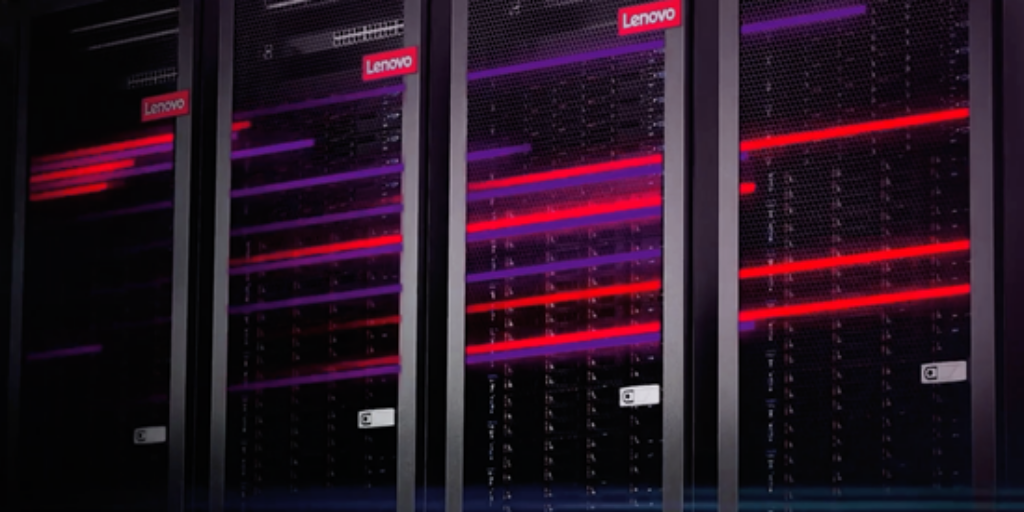 Today D-Wave Systems announced the immediate availability of free access to its quantum systems via the Leap quantum cloud service for anyone working on responses to the COVID-19 crisis.
Today D-Wave Systems announced the immediate availability of free access to its quantum systems via the Leap quantum cloud service for anyone working on responses to the COVID-19 crisis.
Joining the effort are partners and customers including CINECA, DENSO,
Forschungszentrum Jülich, Kyocera Corporation, KYOCERA Communication Systems, MDR/Cliffhanger, Menten AI, NEC Solution Innovators Ltd., OTI Lumionics, QAR Lab at LMU Munich, Sigma-i, Tohoku University, and Volkswagen who will provide access to engineering teams with expertise on how to use the quantum computer and formulate problems, as well as help in developing solutions.
This initiative comes in response to a request from the Canadian government for solutions to the pandemic across industries. Unfettered, free access to D-Wave’s quantum computers via Leap is available immediately to anyone working on COVID-19 response in the 35 countries across North America, Europe, and Asia where access is available to the Leap quantum cloud service.
Effectively responding to COVID-19 requires a collaborative and global effort across diverse organizations, including both private and public institutions. By providing free access to Leap’s quantum processing resources and quantum expertise, D-Wave and its partners hope to contribute to finding solutions to the COVID-19 crisis. Through this new initiative, anyone developing responses to the pandemic can immediately get unlimited, commercial contract-level access to the recently launched Leap 2. Leap 2 includes the hybrid solver service designed to bring both classical and quantum resources to quickly and precisely solve highly complex problems with up to 10,000 fully connected variables.
We’re living through an unprecedented crisis affecting nearly every industry and population. Deftly responding to this pandemic requires creativity and new approaches to solving problems. We believe that by combining our customers’ and partners’ expertise with hybrid quantum computing, we can together bring a potentially powerful resource to the individuals, organizations and governments around the world building solutions nimbly and collaboratively,” said Alan Baratz, CEO of D-Wave. “D-Wave and its partners and customers have significant quantum computing expertise. Together, we hope we can aid the solutions to problems using hybrid quantum-classical solutions. We want to expand the computational capabilities available to experts across disciplines, verticals, and geographies and bring the community’s deep quantum knowledge to bear on the complex and dynamic COVID-19 situation.”
Hybrid quantum classical computing, by design, is well-suited for solving a range of complex problems of this nature. Potential areas of focus for COVID-19 include a diverse range of hybrid quantum applications, such as analyzing new methods of diagnosis, modeling the spread of the virus, optimizing hospital logistics, supply distribution, pharmaceutical combinations, and beyond.
It is promising to accelerate the solution of complex problems in pharmacology and epidemiology, such as those that have arisen in the unprecedented COVID-19 crisis, by means of hybrid workflows from quantum-classical computer simulations,” said Prof. Dr. Kristel Michielsen from the Jülich Supercomputing Centre. “To make efficient use of D-Wave’s optimization and AI capabilities, we are integrating the system into our modular HPC environment.”




